An Australian court on Wednesday local time tossed Apple's appeal of a prior ruling that found the "app store" moniker not available for trademark because the term is too descriptive.
Federal Court of Australia Justice David Yates dismissed Apple's appeal of a decision handed down by the country's Registrar of Trade Marks denying rights to the term "app store," and ordered the company to pay resultant legal costs associated with the case, reports The Sydney Morning Herald.
"Apple has not established that, because of the extent to which it has used the mark before the filing date, it does distinguish the designated services as being Apple's services," Justice Yates said. "It follows that APP STORE must be taken as not being capable of distinguishing the designated services as Apple's services. The application must, therefore, be rejected."
This is not the first time Apple ran into trouble over the "app store" name, which some argue is a vague or descriptive term that should not be protected. In 2011, Apple filed suit against Amazon for violating an "App Store" trademark, which at the time was under review. Competing companies like Microsoft balked at Apple's application and sought to block approval from the U.S. Patent and Trademark Office.
Apple's first use of the now ubiquitous term appeared in 2008, when the App Store launched as a means of distributing third-party software crafted for the iPhone 3G. The iTunes-based digital storefront has grown to include hundreds since been split into iOS and Mac variations, with the iOS version recently reaching a record 7.8 million daily downloads.
Apple is known to apply for trademarks in foreign countries, usually as a way of securing marks while at the same time keeping upcoming products secret prior to launch. For example, a pair of filings in Trinidad and Tobago Intellectual Property Office discovered in May revealed the "Healthbook" — debuted in iOS 8 as the "Health" app — and "HealthKit" names. Following a successful application, Apple usually proceeds to cover the mark in more significant markets, which in HealthKit's case included the U.S. and Europe.
 Mikey Campbell
Mikey Campbell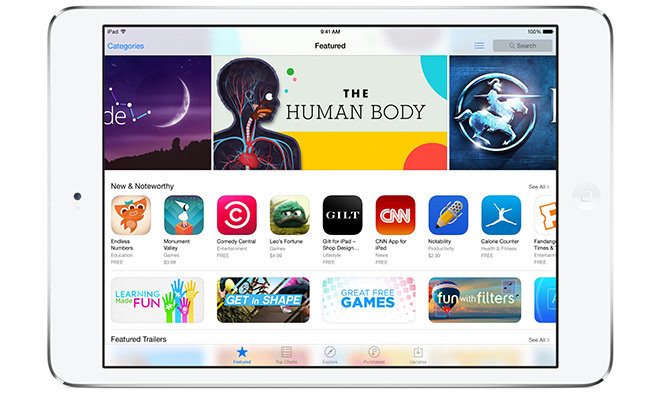













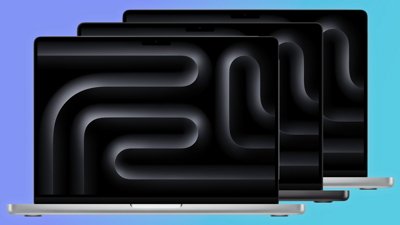
 AppleInsider Staff
AppleInsider Staff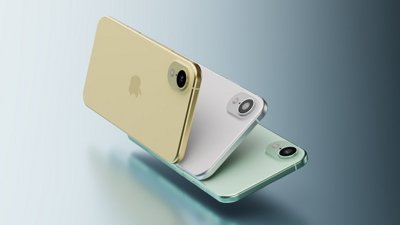
 Malcolm Owen
Malcolm Owen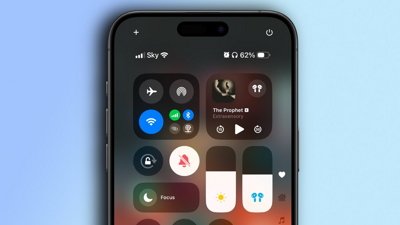
 Oliver Haslam
Oliver Haslam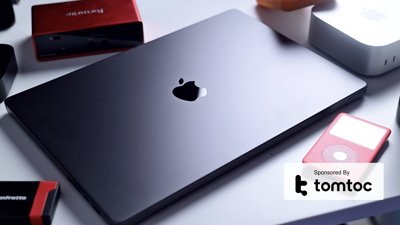
 Andrew O'Hara
Andrew O'Hara

 Wesley Hilliard
Wesley Hilliard
 William Gallagher
William Gallagher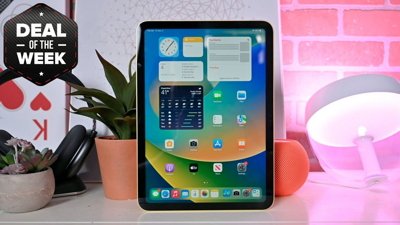
 Christine McKee
Christine McKee








50 Comments
Okay, when did Apple file for it in Australia? A~nd how many times did they use it before that?
I think this is a bad decision. No-one widely used the word 'app' before the App Store. Therefore, it should be a protected term in conjunction with the word 'Store'. Judges are too blinkered to protect words that start off unique, but through their popularity, become commonplace. I presume this same judge will allow anyone to start another search engine called Google, as it simply means search now. Can't imagine Google objecting.
Meh, just change it to iTunes Store.
Actually iTunes is a bit of a misnomer now as it manages movies, TV shows, eBooks and apps...
Like most things Apple related, they seem so obvious *after* they're brought to market. Yet online software sales have existed for years prior and no one ever called them "App Store", or anything similar. Indeed "app" as a word only became popular because of OSX and iPhone OS.
Hmmm...
How about, " The App(le) Store"?